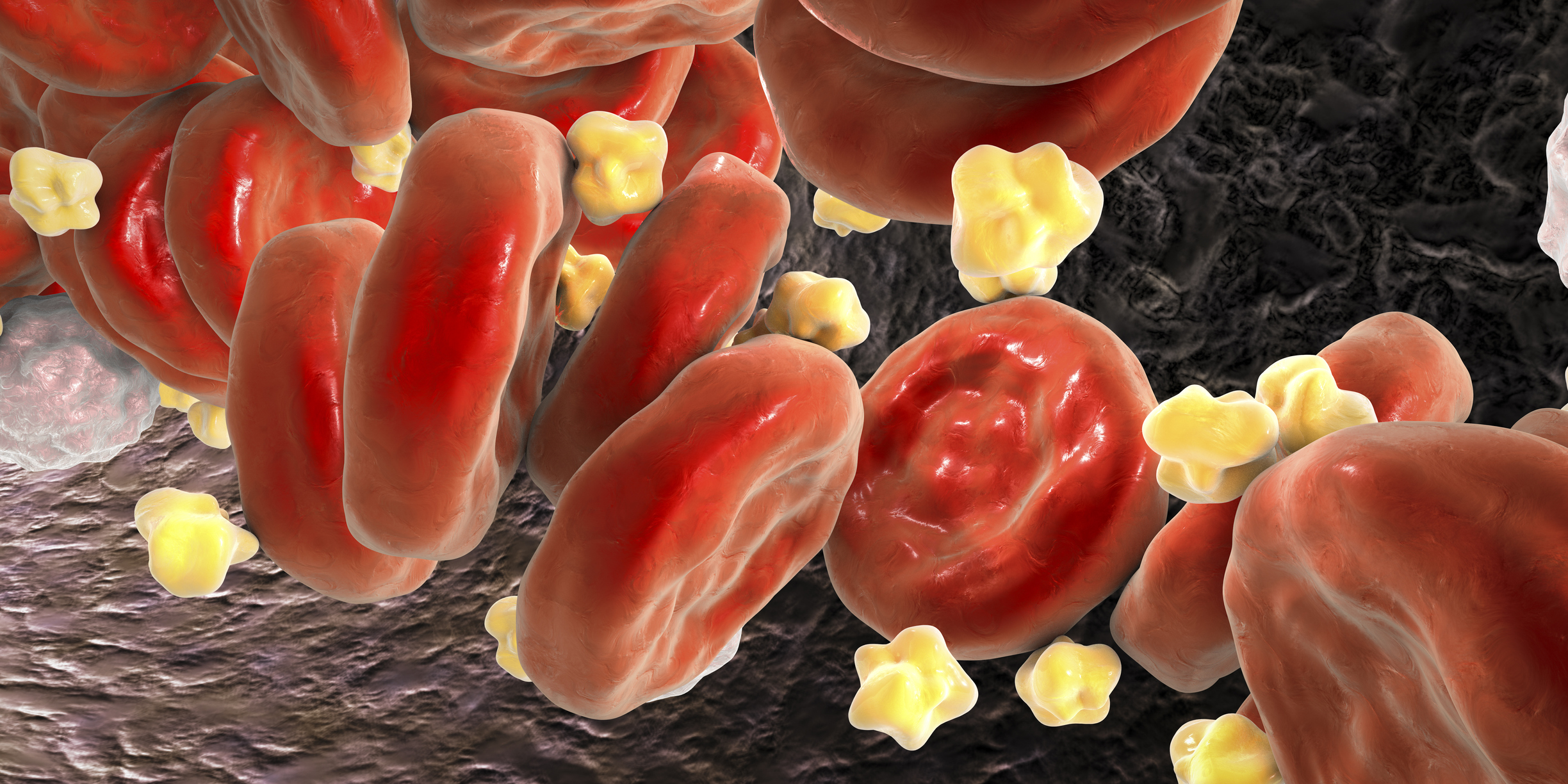
Surviving a stroke is traumatic, and for many, life looks different after such a significant event. One of the changes could be to pay closer attention to “bad” cholesterol levels. However, a new study suggests that might not be the best strategy.
It’s true that “bad” LDL cholesterol levels get the most attention when it comes to stroke risk. But the new data indicates that another type of blood fat, triglycerides, may play a more dominant role in repeat stroke risk.
Researchers found that stroke survivors with high triglycerides suffered repeat strokes at about twice the rate of survivors with normal triglyceride levels.
The risk of heart disease and severe chest pain went up similarly, even if participants were on cholesterol-lowering statin medication.
Researchers could not say that triglycerides are necessarily to blame for the enhanced risk for repeat strokes or if it is perhaps just a marker of something else going on.
The good news is that many of the lifestyle tips recommended to stroke survivors, like a diet low in processed food, getting regular physical activity, and avoiding alcohol, will all positively affect triglycerides.
Triglycerides are a type of fat in the blood. When people eat too many calories, particularly from processed foods high in sugar and saturated fats, levels can elevate and drink excessively. High triglycerides generally go hand in hand with conditions like high blood pressure, obesity, type-2 diabetes, and kidney disease.
If you’ve had a stroke and want to prevent another, doing your best to adopt lifestyle measures to mitigate risk is essential. Keeping an eye on certain indicators, like blood fat, and doing your best to eat well and get exercise, may help you avoid a repeat stroke.